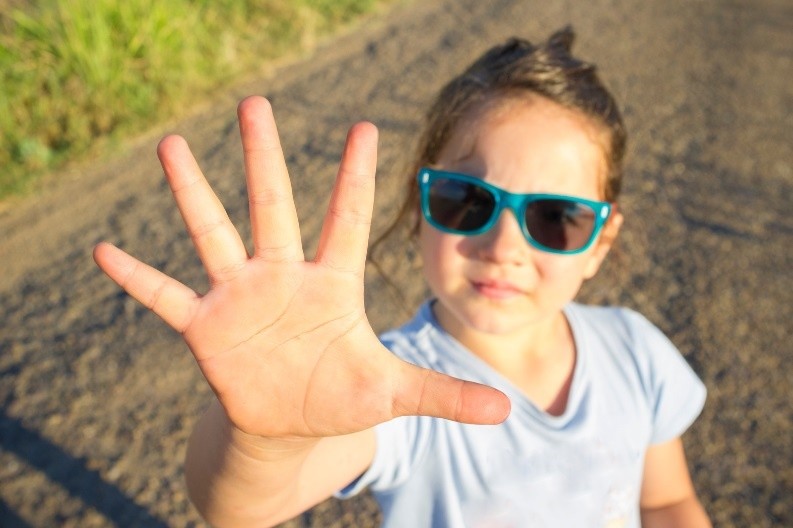
20 June 2021
What happens when you're 3-5?

Children aged 3-5 are in a crucial period of cognitive, social, and emotional development. At this stage, children begin to build their identity, learn to communicate and develop social skills, and start to discover the world around them. Exposure to a natural environment can be fundamental to the development of important life skills and competencies. Let's explore the competencies that can be developed in a natural environment, such as a Forest School, and how these competencies can impact child development.
Development of Creativity and Imagination
Children aged 3-5 have an incredible imagination and unlimited creativity. In a natural environment, children are free to explore and discover, which can further stimulate imagination and creativity. Playing with natural materials such as stones, leaves, and branches can help children think outside the box and develop new creative competencies.
Self-Directed Learning
In a natural environment, children are encouraged to follow their own interests and curiosities. With the guidance of an educator, children are free to choose their activities and explore the natural environment autonomously. Self-directed learning helps children develop problem-solving skills and make independent decisions.
Development of Motor Coordination and Motor Skills
The natural environment is full of physical challenges that can help develop children's motor coordination and physical abilities. Running, jumping, climbing, and balancing on logs and rocks help strengthen muscles and improve children's motor coordination.
Sensory Learning
Nature is rich in sensory stimuli that can help in children's sensory development. Children can touch, smell, hear, and see the natural environment around them, which can help them develop their sensory skills and enhance their perception of the world around them.
Development of Resilience
In a natural environment, children are exposed to natural challenges and risks, such as climbing trees or walking on uneven terrain. By facing these challenges, children learn to deal with frustration and develop resilience skills that will be useful for the rest of their lives.
Development of Communication and Social Skills
In a natural environment, children learn to communicate with each other and interact with their peers differently than in a traditional school environment. Nature provides unique opportunities for communication and group collaboration, in addition to helping develop important social skills such as sharing.
Physical and Motor Development
Children aged 3-5 are developing their coordination and muscular strength, as well as their balance capacity. The natural environment provides a challenging terrain that helps develop these skills. Playing on logs, rocks, and climbing trees, for example, is a great way to strengthen muscles and improve balance. Children also learn to use their bodies safely and consciously, as they need to be aware of slippery and uneven surfaces.
Creativity and Imagination
Nature is a rich environment in sensory stimuli that can awaken creativity and imagination in children. They can create stories and characters from the natural elements around them, such as leaves and rocks. They can also experiment with different textures, colors, and shapes, which can stimulate creativity and curiosity.
Outdoor Learning as a Pedagogical Tool
Outdoor learning has been increasingly recognized as an effective pedagogical tool. Studies show that the natural environment offers unique opportunities for practical learning, autonomous discovery, and the development of socioemotional skills. Outdoor learning can improve children's attention, motivation, self-esteem, and well-being. It can also help improve academic performance, especially in science, math, and literature.
Benefits of Outdoor Education for Children's Development
The benefits of outdoor education are numerous, especially for children aged 3 to 5 years old. In addition to developing socio-emotional, cognitive, and physical skills, outdoor education can also help build a positive connection with nature and a sense of environmental responsibility. By learning to care for the environment, children can grow up to be conscious adults committed to sustainability and preserving the planet.
In summary, outdoor education is a powerful tool for the development of children aged 3 to 5 years old. It provides unique opportunities for socio-emotional, cognitive, and physical development, while building a positive connection with nature and environmental responsibility. Forest schools, such as the School Outside, offer an innovative and effective approach to preschool education that can benefit children in all areas of life.